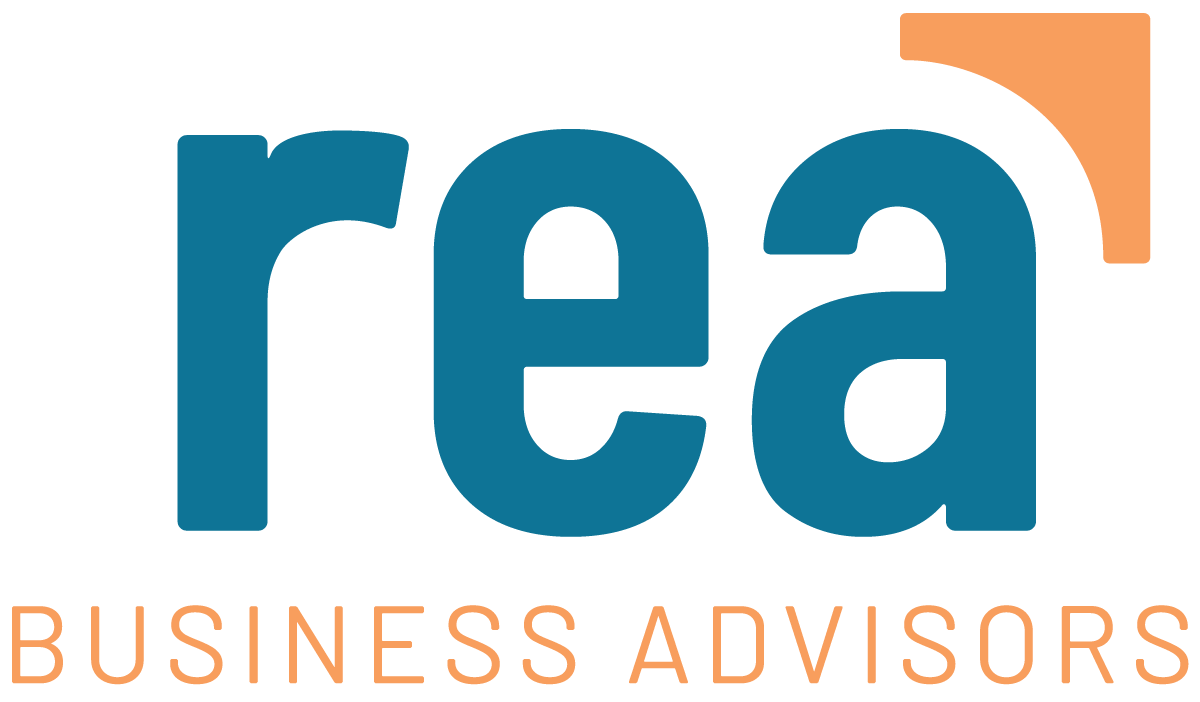
Businesses of all sizes face an increasing array of cyber risks. As your trusted advisors, we want to shed light on three prevalent threats that could impact your business: ACH fraud, payment redirects, and business email compromise (BEC) schemes. Understanding these risks and knowing how to protect against them is crucial for safeguarding your assets and maintaining trust with your customers and partners.
Let’s break down these threats:
- ACH Fraud: This occurs when cybercriminals manipulate the Automated Clearing House network, which processes a large volume of financial transactions. They might gain unauthorized access to your bank account, trick employees into revealing sensitive information, or intercept communications between you and your bank.
- Payment Redirects: In these schemes, fraudsters manipulate payment instructions to divert funds to unauthorized accounts. They might alter legitimate invoices, send fraudulent payment instructions from compromised email accounts, or pose as legitimate suppliers with false payment details.
- Business Email Compromise (BEC): This sophisticated scam often targets businesses that perform wire transfers or have overseas suppliers. Attackers might compromise email accounts, impersonate high-ranking officials, or send fake invoices from seemingly legitimate sources.
These threats aren’t theoretical – they’re happening to businesses like yours every day. For instance, a small manufacturing company once received an email from what appeared to be a trusted supplier requesting an urgent payment. The email looked convincing, but it turned out the supplier’s email had been compromised. The company processed the payment, only to discover later that the funds had been diverted to a fraudulent account.
So, how can you protect your business? Here are some best practices:
- Strengthen Your Authentication: Implement two-factor or multi-factor authentication for accessing email accounts and financial systems. This extra layer of security makes it much harder for cybercriminals to gain unauthorized access.
- Educate Your Team: Regular cybersecurity training is crucial. Make sure your employees know how to spot phishing attempts, social engineering tactics, and other common threats. Awareness is your first line of defense.
- Boost Email Security: Use advanced email filtering solutions and encryption to protect against phishing emails and keep sensitive information secure.
- Monitor Financial Transactions: Regularly check your bank accounts and financial transactions for any unusual activity. Periodic audits can help identify discrepancies or vulnerabilities in your processes.
- Implement Strong Policies: Restrict access to financial systems based on job roles and develop a comprehensive incident response plan. Being prepared can make all the difference if an attack occurs.
- Leverage Advanced Security Tech: Consider using intrusion detection systems and endpoint security solutions to protect your entire network.
Taking these steps isn’t just about avoiding financial losses – it’s about protecting your reputation, ensuring customer trust, and maintaining business continuity. In many industries, it’s also crucial for regulatory compliance.
We understand that implementing significant and rigorous cybersecurity measures can seem daunting, especially for smaller businesses. But you don’t have to do it alone. As your advisors, we’re here to help guide you through this process, ensuring your business stays protected in our increasingly digital world.
Cybersecurity isn’t a one-time fix – it’s an ongoing commitment. By staying informed and proactive, you’re protecting your business and investing in its future. If you have any questions or concerns about your cybersecurity, don’t hesitate to reach out. We’re here to help you navigate these challenges and keep your business secure.



